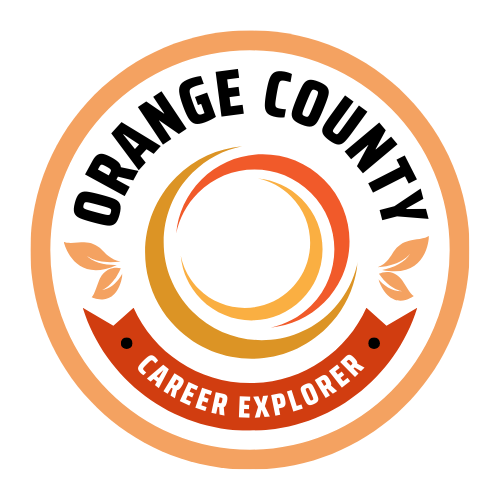Master of Addiction Science (Masters)
University of Southern California
Los Angeles, CA
The USC Master of Addiction Science (MAS) is designed for students interested in transdisciplinary and inter-professional approaches to the study of addiction. At the present time there are courses offered across multiple disciplines that allow students to gain a perspective in addiction from an array of science and policy aspects.
However, there is no singular unifying degree or course program solely focused on addiction studies. By interacting with instructors and peers from a variety of disciplines and professions, students in the MAS program will obtain a broader and deeper understanding and set of skills that consider addiction from the ‘cell to society perspective.’ As such, MAS graduates will be poised to take the knowledge and skills gained in the program back to their respective current or future professions to enhance interdisciplinary and interprofessional collaboration.
Learning Objectives
The purpose of the MAS is to prepare graduate students for work in social work, public health, pharmacy, medicine, dentistry, other healthcare-related fields, or professional careers within biotechnology research and development with a focus on addiction prevention, treatment, and research. The MAS will also aim to supplement the knowledge of professionals currently working in their field with skills in addiction science. The program aims to provide skills in public health, social work, psychology, pharmacology, toxicology, and policy, through coursework and independent research. MAS graduates might be employed at leading research universities, in industry, government, professional counseling, health care, or in any research-centric arena.
MAS graduate students enrolled in the program will be able to:
✓ Apply real-world knowledge to problems arising within medicine, pharmacy, social work, psychology, neuroscience, public policy, population science, public health, and other health professions and academic disciplines
✓ Compare and contrast laboratory, social, and clinical research methods to facilitate optimum translational research
✓ Construct and implement research designs across a variety of technologies
✓ Produce and interpret research outputs with relevance to fields within addiction science
✓ Incorporate and advance current knowledge in Addiction Science
✓ Develop professional and ethical skills related to research and application of addiction science









